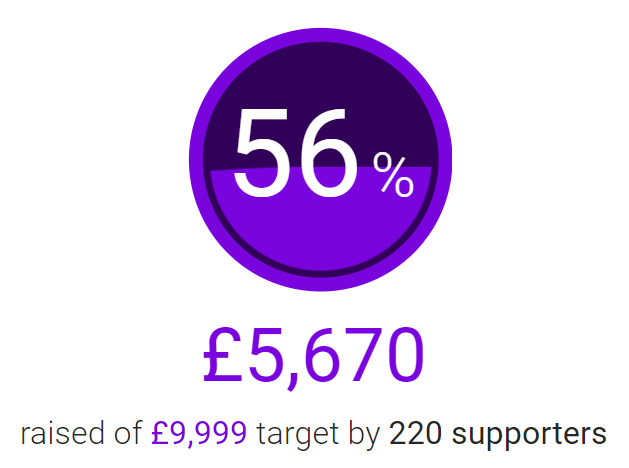The TIRED Movement team and Dr. Imogen Aujla are excited to announce that the first paper from the Representation and Equity in Dance (RED) research project has officially been published! This ground-breaking research is vital to call for improvements to be made across levels of representation, diversity and inclusivity within dance education.
This paper reports on the results of an online survey completed by 150 students in professional dance training. We examined relationships between experiences of racial discrimination and indicators of psychological wellbeing (life satisfaction; perceptions of autonomy, competence and relatedness; body image; future competence perceptions). Overall, experiences of discrimination were negatively correlated with wellbeing – meaning that greater or more frequent experiences of discrimination were associated with lower wellbeing. These findings mirror numerous studies in mainstream psychology, but to our knowledge is the first time they have been empirically established in dance.
How do I read the full paper?
This paper is open access meaning that it’s free to access – so please download, read, and share, and let’s use this evidence to help drive change in the industry.
You can find the journal page here!
Let this study be a catalyst for change in the dance community, where every dancer feels seen, valued, and empowered to express their true selves.
Abstract:
“Little is known about the impact of racial inequity in dance contexts. This study aimed to investigate the effects of racial discrimination on the well-being of dance students from Global Majority backgrounds. A total of 150 students (109 from White backgrounds and 40 from Global Majority backgrounds) in professional training completed an online survey tapping into several domains of psychological well-being and experiences of discrimination. The analyses revealed that, although there were no significant differences in well-being scores between the two groups, Global Majority students scored significantly higher on all measures of discrimination except for threat/aggression. Furthermore, there were significant negative correlations between discrimination and well-being among Global Majority students. Discrimination at work/college and experiences of exclusion/rejection appeared particularly influential in relation to measures of life satisfaction, competence, expectations of future competence, autonomy, relationships, and body appreciation. Responses to open-ended survey questions indicated that Global Majority students were as ambitious as their White peers but often cited discrimination as a potential barrier to career establishment post-training. The impact of discrimination in dance is an important research area, and further research is encouraged with larger samples of dancers at a range of levels (e.g., recreational, student, professional). On a practical level, organizations and individuals must work to reduce inequity in dance training and beyond.”
This paper presents the voices and lived experiences of students engaged in professional dance training, shedding light on the complex relationship between racial discrimination and psychological wellbeing. For the first time in the dance world, we’ve brought empirical evidence to a heartbreaking truth already well-established in broader psychological research: that racial discrimination doesn’t just affect the moment, it leaves a lasting impact on mental health and wellbeing.
Many of us view dance as an art, a source of joy, expression and connection. Yet, hearing from students during this research project, dance education has become a space where they face barriers, challenges and a negative impact on their mental health.
We are calling for action and asking you to read this paper to bear witness to the often-unseen struggles of students who pour their blood, sweat and tears into their dance training, all while carrying the burden of discrimination.
Change starts here!
“The more voices we hear, the louder we become.”
Funding
This research was funded independently by the TIRED Movement and received no external funding.
The RED Research Project has been conducted by Dr. Imogen Aujla, Stacey Green, Laura Grant, Amy Gibson and partnered colleges: BIRD College, Laine Theatre Arts, London Studio Centre, ICTheatre, Performers, READ College and Shockout.
Contact:



